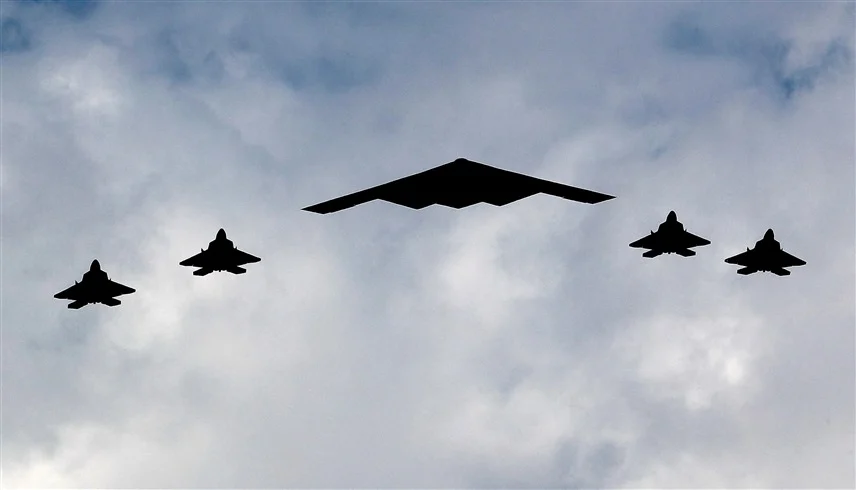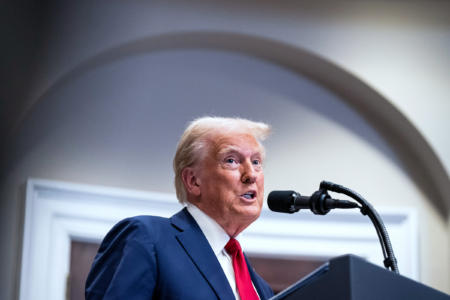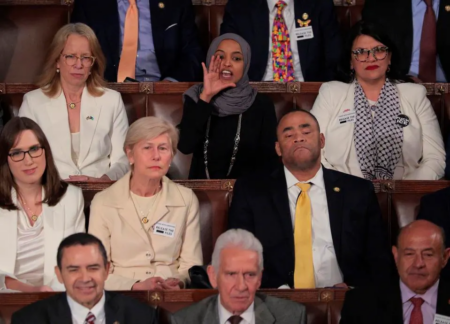Following the U.S. military strikes targeting three nuclear facilities in Iran, global and regional leaders issued varied responses, ranging from urgent calls for restraint to strong condemnation.
Here’s a round‑up of the most notable reactions:
United Arab Emirates Expresses Alarm Over US Strikes on Nuclear Facilities in Iran
The UAE expressed alarm over ongoing tensions and called for a halt to escalation.
It emphasized the importance of diplomacy and dialogue to maintain regional stability, prosperity, and justice.
Called on the global community to mobilize support for peaceful resolution.
Saudi Arabia “Serious Concern”
KSA expressed serious concern over the developments and urged the international community to intensify diplomatic efforts to peacefully resolve the crisis.
Oman “Illegal Aggression”
Oman described the U.S. strikes on the nuclear facilities in Iran as illegal aggression.
It called for a comprehensive and immediate de-escalation.
Oman also warned the attack could expand the conflict and violate international law and UN Charter provisions regarding national sovereignty.
Kuwait “Deep Concern”
Kuwait said it was watching the situation in “friendly Iran” with deep concern.
It called for an immediate halt to military actions, urging restraint and elevated diplomatic efforts to safeguard regional stability.
Iraq Condemns the US Strikes on Nuclear Facilities in Iran
Iraq condemned the strikes, warning of a serious threat to regional peace and security.
The government stressed that military action is not a substitute for diplomacy and warned of wider repercussions beyond Iran.

US Airstrike on Iran Destroys 3 Nuclear Sites and Kheibar Missiles Used for the First Time
Egypt “Grave Concern”
Egypt expressed grave concern and condemned the dangerous escalation.
It warned of increasing “chaos and tension” and emphasized that political dialogue is the only path forward, not military measures.
United Kingdom “Reducing Nuclear Threats”
Prime Minister Keir Starmer said Iran must never develop a nuclear weapon.
He approved the U.S. action as aimed at reducing nuclear threats and called on Iran to resume negotiations.
Germany Will Engage Closely with EU and US Partners
Chancellor Friedrich Merz has called on Iran to re-enter diplomatic talks with the U.S. and Israel.
Germany will engage closely with EU and U.S. partners on further steps.
France Calls for Negotiation
Foreign Minister Jean‑Yves Le Drian urged restraint and diplomacy, underscoring that a long-term resolution requires negotiation under the Nuclear Non‑Proliferation Treaty.
United Nations
UN Secretary-General António Guterres described the strikes as a “dangerous escalation in a region on the brink.”
He called for an end to the spiral of chaos and affirmed that diplomacy is humanity’s only hope.
The global response to the U.S. strikes on the nuclear facilities in Iran reflects a deep division: while Western nations and Israel supported the action as necessary to counter nuclear threats.
Many Muslim-majority countries, regional neighbors, and international organizations sharply condemned the move and called for immediate de-escalation and renewed diplomacy.








